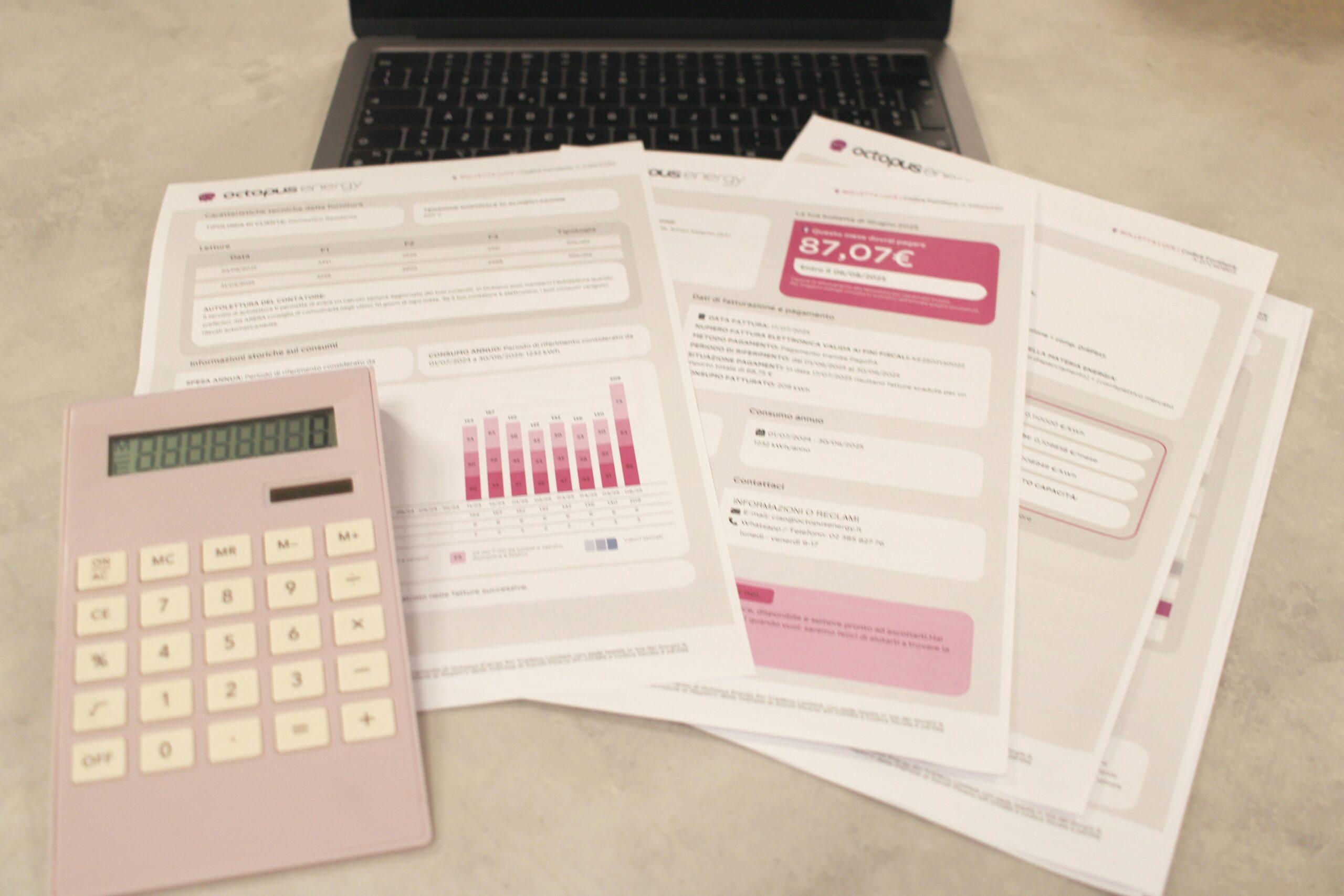Ever stared at your loan statement, wishing you could hit “pause” on life’s financial demands for just a little while? Yeah, us too. Whether it’s medical emergencies or an unexpected job loss, life has this sneaky way of throwing curveballs when you least expect them. That’s where loan deferment comes in handy—but is it too good to be true?
In this post, we’ll answer all your burning questions about deferment, including how it impacts credit cards, insurance premiums, and your overall financial health. By the end, you’ll know exactly what deferment means, how to qualify for it, and whether it’s right for you. Let’s dive in!
Table of Contents
- Introduction to Loan Deferment
- Why Do People Opt for Deferment?
- How to Apply for Loan Deferment: Step-by-Step Guide
- Dos and Don’ts During Loan Deferment
- Real-Life Success Stories
- Frequently Asked Questions (FAQs)
- Conclusion
Key Takeaways
- Loan deferment allows borrowers to temporarily pause payments without penalty.
- It can impact your credit score, but only if mishandled.
- Credit cards and insurance policies may also indirectly affect your decision to apply for deferment.
- Understanding eligibility requirements and terms is crucial before applying.
Introduction to Loan Deferment
If you’re drowning in debt because of unforeseen circumstances, deferment gives you breathing room—but it isn’t magic. Think of it as pressing snooze on your alarm clock—eventually, that annoying beep will come back louder than ever.

This infographic breaks down the basics of loan deferment in simple steps.
Why Do People Opt for Deferment?
“Optimist You: ‘Hey, I’ll just put my loans on hold until things get better.’ Grumpy You: ‘Yeah, sure…but have you read the fine print?'”
People choose deferment for several reasons:
- Medical emergencies requiring extended recovery time
- Unemployment or underemployment leading to cash flow issues
- Economic recessions affecting income stability
However, deferment isn’t always sunshine and rainbows. For instance, interest might still accrue during the period (especially on unsubsidized loans), leaving you with a bigger balance later. *Cue scary music.*
How to Apply for Loan Deferment: Step-by-Step Guide
Applying for deferment doesn’t have to feel like solving a Rubik’s Cube blindfolded. Here’s how to do it:
Step 1: Check Eligibility Requirements
Contact your lender to confirm which types of deferments they offer. Some require proof of hardship, such as unemployment documentation or medical bills.
Step 2: Submit Documentation
Gather necessary paperwork—think hospital invoices, employer letters, or tax returns—to prove your situation qualifies.
Step 3: Review Terms Carefully
Pro Tip: Look out for hidden clauses. Does the deferment cover principal AND interest? If not, consider alternative options like forbearance.
Step 4: Wait for Approval
Processing times vary by lender, so don’t panic if it takes longer than expected. Just keep making payments unless officially told otherwise.

Follow these steps to ensure smooth sailing through the deferment application process.
Dos and Don’ts During Loan Deferment
Now let’s talk strategy:
Dos:
- Keep Track of Interest Accrual: Even if deferred, interest might pile up faster than Amazon Prime Day orders.
- Create a Post-Deferment Budget: Plan ahead to avoid sticker shock once regular payments resume.
- Maintain Communication with Lenders: Transparency builds trust—and keeps penalties at bay.
Don’ts:
- Avoid Overspending: Having extra cash now doesn’t mean splurging on luxury gadgets.
- Ignore Automation Tools: Set reminders to track deadlines and avoid late fees.
- Forget About Credit Card Balances: Your credit utilization ratio matters—you don’t want one crisis snowballing into another.
Rant Moment: Seriously, why are some lenders’ websites straight-up medieval torture devices designed to confuse users? Can we streamline online forms already?
Real-Life Success Stories
Here’s a story from Sarah D., a former client of mine:
“After losing my job unexpectedly last year, I panicked thinking about my student loans. Thankfully, my lender approved a six-month deferment period. With careful budgeting, I managed to land a new gig halfway through and even paid off accrued interest early.”

Sarah’s success story proves planning makes perfect—even during tough times.
Frequently Asked Questions (FAQs)
What Is Loan Deferment?
Deferment lets borrowers temporarily stop paying their loans due to qualifying events like illness or unemployment. Sounds dreamy, right?
Does Deferment Hurt My Credit Score?
Not directly! However, missing unrelated credit card payments during this time CAN hurt big time.
Can I Still Use My Credit Card While Deferred?
Yes, but proceed cautiously. High balances can trigger increased rates and reduce available credit for other expenses.
Is There Such a Thing as Insurance Against Debt Stress?
Nope. But staying informed helps prevent panic attacks—trust me.
What’s One Terrible Tip About Deferment?
Some folks think applying blindly equals instant approval. Spoiler alert: PREPARE YOUR PAPERS FIRST.
Conclusion
Loan deferment offers much-needed relief when life gets chaotic—but it’s no silver bullet. Be smart, stay organized, and remember: the goal is long-term financial wellness, not quick fixes.
And now, since we’ve reached the finish line together:
Like a Tamagotchi, your finances need daily care—feed them wisely, and they’ll thrive.


